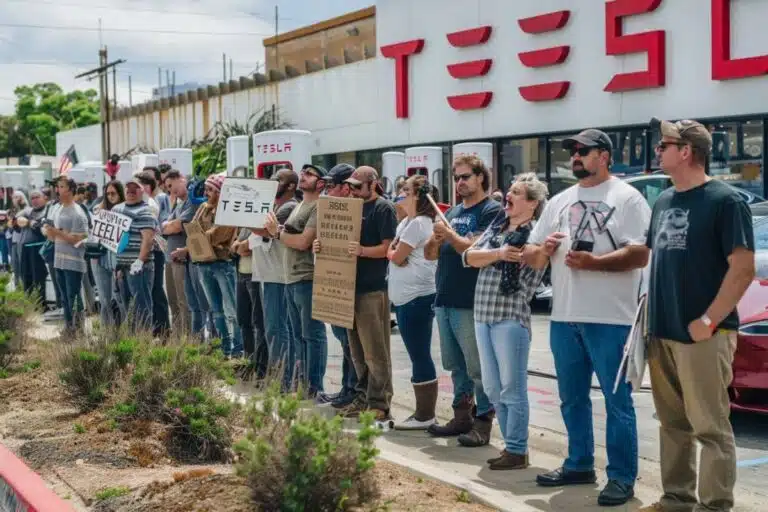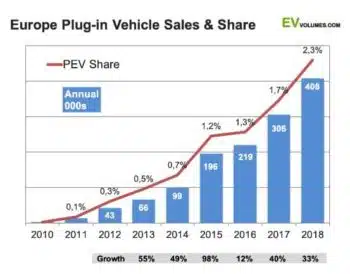Consequences of the increase in fuel spending
The increase in fuel spending has generated deep repercussions in the economy and in the daily lives of people. As fuel prices continue to rise, a direct impact is observed on transportation costs, rates, and consequently, on the purchasing power of consumers. This phenomenon affects not only businesses, which must adjust their prices and operational strategies, but also society as a whole, as the rise in prices can lead to social instability and increased public spending on subsidies. The interconnection between the economy and energy consumption highlights the urgency of seeking sustainable alternatives and more efficient energy usage modes.
The significant increase in fuel spending has repercussions that go beyond the simple desire to fill a vehicle’s tank. This phenomenon affects both the global economy and social well-being, generating an impact on living costs and on the operations of various industries. Below, the multiple consequences of this increase are explored and how these repercussions reconfigure both the economy and the environment.
Impact on the global economy
The excessive consumption of fuel significantly influences the economy on a global level. With the increase in diesel and gasoline prices, increases in shipping rates and logistics costs are observed, which directly impacts the final price of products. This rise not only affects consumers but also creates a vicious cycle in which companies must adjust their prices to maintain profitability.
Pressure on industries
The most affected industries are those that heavily depend on transportation and distribution. The rise in fuel prices increases the operational costs for companies, leading to a readjustment in the rates of the services they offer. This increase in costs can make many companies less competitive, especially if their rivals can absorb these increases better. In this sense, fuel becomes a determining factor for business sustainability.
Inflation and cost of living
The increase in fuel prices has a direct incidence on the Consumer Price Index (CPI). According to studies, each percentage point increase in fuel prices can result in an additional 4% increase in the CPI. This phenomenon causes the cost of living to rise significantly, impacting people’s ability to meet their basic needs.
Social consequences
The economic disruptions caused by rising fuel prices can also lead to social unrest. As more people struggle to balance their household budgets, tensions arise that can lead to protests and social discontent. This highlights the relationship between the economy and social stability in different regions of the world, where access to affordable energy becomes a critical issue.
Sustainable alternatives
In light of this situation, many consumers and businesses are beginning to consider more sustainable alternatives. The adoption of technologies that promote the use of sustainable fuels and shared transportation methods can help mitigate the effects of fuel spending. This not only contributes to reducing dependence on fossil fuels but also offers the possibility of significant cost reductions. Collaboration between sectors becomes crucial to maximizing the effectiveness of these efforts. More information on this collaboration can be found here.
Awareness of energy consumption
The growing concern about rising fuel prices is leading many organizations to implement environmental education programs. These programs aim to raise awareness about the importance of reducing fuel spending and promoting a more sustainable lifestyle. Implementing efficient habits can lead to a significant reduction in both energy spending and environmental impact. For more details on how regular diagnostics can prevent increases in fuel spending, you can consult this link.
Conclusion on the future of fuel consumption
The future of fuel consumption depends on the capacity of societies to adapt to constant changes in prices and availability. As innovations in renewable energies and electric vehicles become more accessible, a door opens to a new era of mobility that could offer both economic and environmental relief. It is vital that everyone, including businesses and governments, implement proactive measures to alleviate the damage that the increase in fuel spending may cause to the economy and society in general.
The increase in fuel spending has deep and multifaceted repercussions on the economy and society. As fuel prices continue to rise, companies face higher operational costs that affect their profitability. These indiscriminate rises in fuel rates directly impact shipping rates and logistics costs, triggering an increase in the final price of products. Thus, consumers are forced to pay more, which compromises their purchasing power and alters market behavior.
Additionally, the excessive dependence on fossil fuels generates a domino effect in other industries. The transport and distribution companies are particularly vulnerable to this phenomenon, as with the increase in gasoline and diesel prices, they must readjust their rates, which can destabilize their competitiveness in the market. This symbiotic link between fuel costs and business operations not only affects large companies; small and medium-sized enterprises also feel the impact, often in a more severe manner.
The fuel spending affects not only the economic sphere but also has social and environmental implications. The increase in living costs and the extra expenses families must bear can trigger social instability, as evidenced by protests and disturbances in various parts of the world. From an ecological perspective, excessive consumption of fossil fuels contributes to pollution and climate change, exacerbating problems that, in turn, will cost more resources for societies to mitigate their effects.





